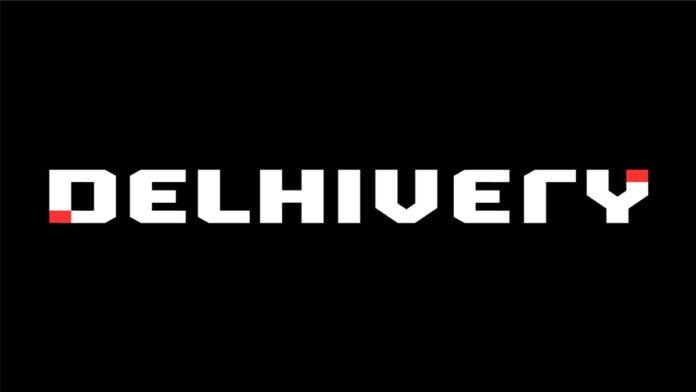Third-party logistics provider Delhivery is betting big on road trains — tractor units towing multiple trailers — to transform transportation for high-volume sectors like automobiles and fast-moving consumer goods (FMCG). The company believes this innovation will significantly reduce costs and enhance efficiency.
Arun Bagavathi, network design head at Delhivery, told FE that logistics is a low-margin business where even a 10% reduction in costs can drive transformative change.
ALSO READMarico expects double-digit revenue growth in FY25 on price hike, better volume
“Global trends indicate that the biggest impact will be seen in car and two-wheeler carriers, as well as FMCG transportation,” Bagavathi said. “If we can cut shipping costs per car by 10%, it will shift from being an option to a necessity.”
Last week, Delhivery introduced its first road train, built with Volvo Trucks. This model consists of a 24-foot containerised intermediate trailer coupled with a 44-foot semi-trailer, offering a combined cargo volume of 144 cubic metre — 50% higher than conventional semi-trailers.
The road ministry formalised the use of road trains in 2020, allowing vehicles up to 25.25 metre in length. Since then, Delhivery has been piloting two such models along the Mumbai-Nagpur corridor, reporting efficiency gains of at least 10%.
By the end of 2025, the company plans to scale up its road train fleet to 10 units, extending its operations to new routes.
Bagavathi said that Delhivery is working closely with Volvo and government agencies to identify additional expressways for road train deployment. Some of the potential routes include NCR to Lucknow via the Yamuna and Agra expressways, Delhi-Baroda expressway, Delhi-Dehradun expressway, and Bangalore-Chennai expressway.
Delhivery is specifically choosing expressways due to their controlled access, absence of two-wheelers and pedestrian crossings, regulated speed limits, and dedicated lanes—factors that enhance safety for longer vehicles.
In addition to road trains, Delhivery is aggressively expanding its fleet of liquified natural gas (LNG)-powered trucks to align with sustainability goals.
Bacardi high on India, ramps up investments as business grows
“We currently operate 20 LNG trucks and plan to add 30 more, bringing the total to 50 within the next three months,” Bagavathi said.
The company procured these trucks from Volvo in July last year, recognising LNG as a cleaner and cost-effective alternative to diesel.
» Read More


